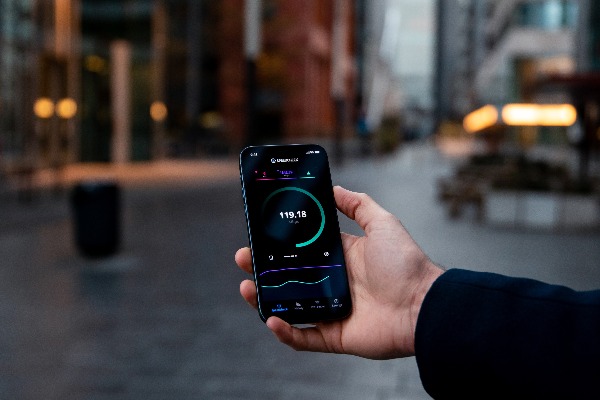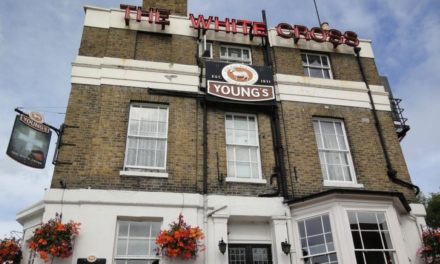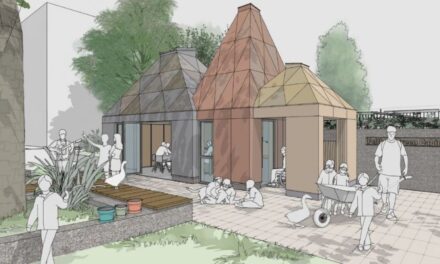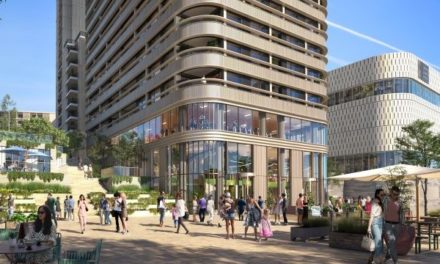Richmond Council is rolling-out digital sensors to provide insights into active travel and pedestrian movements.
The council says its aim is to improve the road network and urban environment and help make the borough smarter, safer and more sustainable.
The authority will be working with UK-based transport artificial intelligence (AI) company Vivacity Labs, using its AI and internet of things (IoT) technology to anonymously monitor a number of things including use of cycle infrastructure, pedestrian use of town centres and use of motor vehicles.
The cultural shift in residents’ daily habits, caused by the Covid-19 pandemic, resulted in traffic levels falling dramatically. The new sensors can help the council understand whether residents have permanently shifted habits and how they move around their local areas.
The digital sensors, which are being installed from today, are being implemented as part of the South London Partnership’s (SLP) InnOvaTe Project, funded by the Strategic Investment Pot (SIP) as part of the London Councils Business Rates Retention Scheme which is administered by the City of London Corporation. The project seeks to use the IoT to address challenges in communities and identify opportunities to help people live healthier lives and stay independently for longer.
With £4 million funding, the SLP boroughs plan to deliver a multi-purpose IoT platform which will connect various sensors across borough boundaries. Data using internet-connected sensors, with minimal human intervention.
Kingston Council, working with Aquasition as part of the InnOVaTe Project, installed sensors to monitor rising water and help reduce the risk of flooding and road closures.
The sensors are designed to provide accurate data on road and pavement usage in a completely anonymous way. They do not collect personal data, and the technology cannot be used to gather any kind of personal data or for enforcement purposes.
Cllr Alexander Ehmann, chair of the transport and air quality committee, said: “Recovery from the pandemic gives us the opportunity to step back and look at how we will use our public spaces going forward.
“Early in the pandemic we quickly made urgent temporary changes to road and pavement space in order to accommodate for active travel and help people to keep their distance.
“These measures have greatly improved the public realm, but as we move into the recovery period we anticipate that people’s transport habits and the way they use public space will continue to adapt.
‘These sensors will give us a granular picture of how traffic levels and transport and pedestrian movements change through the course of a day, week or month.
“Data insights provide the ability to both analyse where to implement changes and evaluate the effectiveness of any schemes that are put in place. The intelligence gathered by these sensors can and will inform any plans that both the council and communities have to make our public spaces more accessible, safe and healthy for all users.”
Mark Nicholson, chief executive of Vivacity Labs said: “As lockdown restrictions are eased, the next stages of regeneration are crucial.
“We’re delighted to be working with Richmond Council providing detailed and accurate transport data insights to help ensure the right decisions are being made to improve travel in the borough in the most safe and sustainable way.”
© London West (powered by ukpropertyforums.com).
Sign up to receive your free monthly London West newsletter here.















